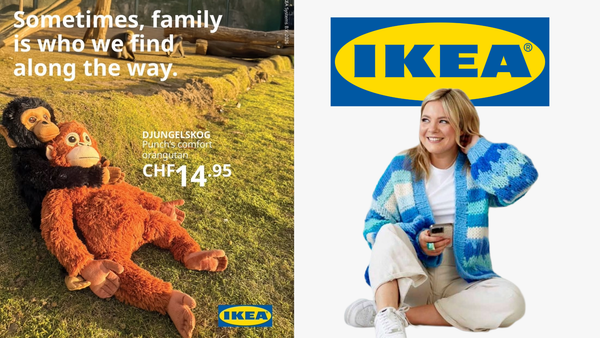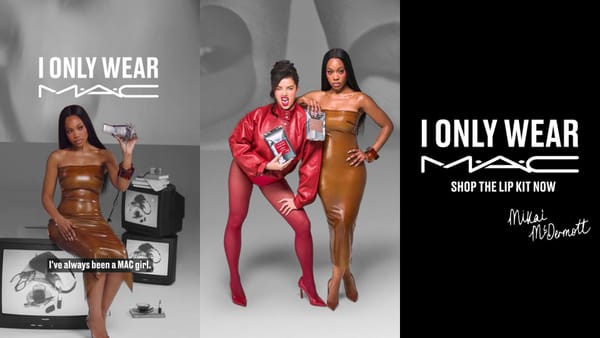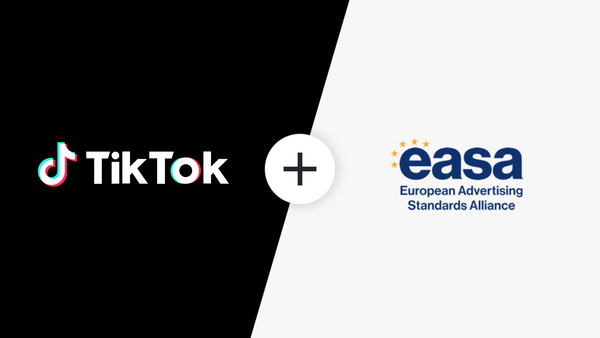According to new international research published today by Takumi, YouTube influencers are the most trusted by consumers.
The report looks at consumer, influencer and marketer opinions of TikTok, YouTube and Instagram across the UK, USA and Germany, and focuses on perceptions of influence, trust, authenticity and legislation.
In the last six months, a quarter of 16-44-year-olds (27%) have been influenced to purchase a product or service by YouTube creators, followed by 24% on Instagram and 15% on TikTok.
Meanwhile, 16-24-year-olds are the most likely to have purchased as a result of TikTok influencers; 40% in Germany and 30% in UK, compared to the US where 35-44-year-olds were most influenced (37%) to purchase by TikTok influencers.
Meanwhile, on YouTube and Instagram, the demographics most likely to purchase were younger in the UK and Germany (38% and 59% of 25-34-year-olds on average respectively) versus the US (57% of 35-44-year-olds on average).
When looking at influencer-led consumer purchasing habits, there is a clear correlation between greater trust and increased purchasing – across all age demographics and platforms.
The data shows how trust is earned over time: consumers trust influencers on legacy platforms such as YouTube more (28%) than those on newer platforms such as Instagram (22%) and TikTok (15%).
That said, influencers on both YouTube and TikTok fared well versus more traditional celebrity brand endorsements. 37% of 16-44-year-olds trust a YouTube influencer more than a high-profile figure or celebrity. Consumers are increasingly trusting of influencers across TikTok as 44% had “no concerns” about TikTok influencers, rising to 48% on YouTube, compared to 20% in 2019.
“Brands who can entertain and educate through influencers will capture the hearts, minds, and wallets of consumers versus traditional media. This will only grow as time goes by and trust is won,” said Mary Keane-Dawson, Group CEO of Takumi.
Demonstrating ROI top concern for marketers
Marketers’ trust in the various influencer marketing channels varies, with Instagram ranked first followed by YouTube and TikTok.
A “lack of familiarity” emerged as one of the top three concerns for marketers with TikTok, whereas 96% felt familiar with YouTube. That said, influencers’ ability to help “demonstrate ROI” could improve marketers’ trust, which was identified as their top concern.
Instagram aspirational, TikTok escapist, YouTube influential
Across all markets, consumers perceived Instagram as more aspirational, informative, and user-friendly than TikTok. In contrast, TikTok is considered more escapist, entertaining, and creative than Instagram.
Again, perceptions varied considerably across various demographics, however, the majority of marketers (72%) and consumers (55%) agreed that YouTube is the most likely channel to lead to a purchase, followed by Instagram and TikTok.
“Armed with the expert insight of influencers who are native to the different social platforms, brands can explore authentic and bespoke campaigns to engage different audiences. Being platform agnostic is a necessity, and also a huge opportunity for marketers to work with creative influencers who really understand how to engage people on each platform,” commented Keane-Dawson.
“Influencer marketing in 2020 will continue to push boundaries, innovate and become a trusted awareness, engagement and sales attribution approach for brands.”
You can read the full report here.








